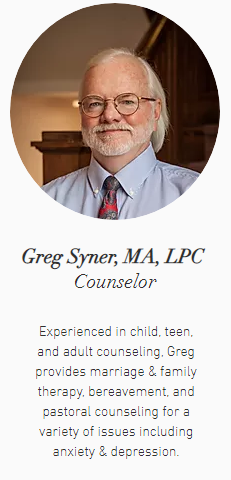Who’s to blame?
There are many things that complicate our grief. For example, our relationship with the person that died or their age. Even OUR age, for that matter. Were we on good terms when they passed away or was there conflict? Every loss has factors that make it easier or more difficult to cope with.
One of the most significant issues in mourning a loss is how the person dies. Deaths that come violently or with suffering amplify our pain and become part of the trauma of coping with the loss. Another painful part of losing someone is if we think their death was somehow unfair or unnecessary. The more I read and observe lately the more I see this complication in the recent deaths related to the COVID-19 virus.
Anger is a natural and typical response to loss, but so much more so when we feel that the death could have been prevented. There is this tendency to look to place blame on someone or something. However, whom do we blame in this situation. The “Government”? Politicians? Perhaps even a distant country, or even less rational, people of certain nationalities or decent. In this case, anger may be directed at distant sources that we cannot address or hold accountable. We question, “could there have been something that someone could have done differently?”
Anger, while a natural response, is not always productive. If our anger is displaced or misdirected, it really doesn’t help either party. Anger that we turn inwardly and allow to fester becomes bitterness. There is the old saying, “bitterness is like drinking poison and waiting for the other person to die”. As a result, we become our own enemy.
So, what do we do with the feelings that come with someone’s “unfair” death? If internalizing anger is self-destructive and misplaced anger is hurtful, perhaps the best thing we can do is turn the energy of anger into positive action. We could advocate. We could turn our anger toward making change or helping others who have been in a similar situation. MADD (Mother’s Against Drunk Driving) is an example of mourners who turned their anger into something useful and positive. Advocates for missing and exploited children come from anger directed in a productive way.
So, whether it is a loss related to this current health crisis or some other cruel and irrational way that someone in our circle has died, we can, in time, look for ways to use the anger that comes from that loss in a healthy way. The effort may help us bring reason to a unreasonable thing.
Greg Syner, LPC
The Counseling and Wellness Center



 FIND US ON FACEBOOK
FIND US ON FACEBOOK
Leave a Reply 0 comments